It’s one of the more mysterious features of human history that people of every era and in almost every place have regularly striven to reduce their intelligence, impair their reflexes and generally ensure that everything about them functions far less well. So what is about getting drunk that we love so much? According to Mark Forsyth’s breezy new book, the best answer comes from somebody not often thought of as a classic roisterer: William James, the American philosopher and brother of Henry. ‘Sobriety,’ James wrote, ‘diminishes, discriminates, and says no; drunkenness expands, unites, and says yes.’
And the way Forsyth tells it, drink has caused us to say yes to an awful lot. The desire for booze, he suggests, led to — among other things — fixed agriculture, civilisation, cities, Anglo-Saxon England, America and the Russian Revolution. (In 1914, the Tsar unwisely banned vodka.) It may even be the reason that we came down from the trees in the first place — because the forest floor was where to find fermented fruits.
Admittedly, some of these assertions turn out to be more convincing than others. Taken as a whole, though, the book — ranging as it does from Sumeria to the Wild West, Ancient Egypt to the Vikings — makes an overwhelmingly strong case for alcohol as a central and badly overlooked historical driving force.
Nonetheless, Forsyth is at his best when he leaves the wider theories behind in favour of the kind of memorable individual facts that you might well find yourself wanting to tell your friends in the pub. One observation, that confirmed Darwin’s belief in man-monkey relatedness, for example, concerned baboons who’d been fed strong beer:
The following morning, they held their aching heads with both hands and wore a most pitiable expression; when beer or wine was offered them, they turned away with disgust.
In one of his many myth-busting moments, Forsyth also brings us the bad news that English literature didn’t begin in a pub after all. The Canterbury Tales does famously open at the Tabard Inn, but in those days, an inn was a posh hotel — which is why the host Harry Bailey wasn’t some sort of cheery barman, but an extremely rich businessman and MP. Just as disappointingly, the same careful taxonomy of old English drinking places reveals that the modern equivalent of Falstaff drinking sack in the Boar’s Head tavern would be someone drinking champagne in a cocktail bar.
Whether deliberately or not, Forsyth relates all of this in best saloon-bar style. In his previous books, mostly about unusual words, his prose has always tended to the jovial. Here, however, the joviality goes into overdrive, with ‘chap’ his preferred synonym for man, the Sumerian deity Inana referred to as ‘the goddess of rumpy-pumpy’ and even the unironic use of the phrase ‘the fairer sex’. Happily, the odd groan never feels like too high a price to pay for a book that, for most of the time, is a highly successful blend of the entertaining and the informative.
Got something to add? Join the discussion and comment below.
Get 10 issues for just $10
Subscribe to The Spectator Australia today for the next 10 magazine issues, plus full online access, for just $10.
You might disagree with half of it, but you’ll enjoy reading all of it. Try your first month for free, then just $2 a week for the remainder of your first year.

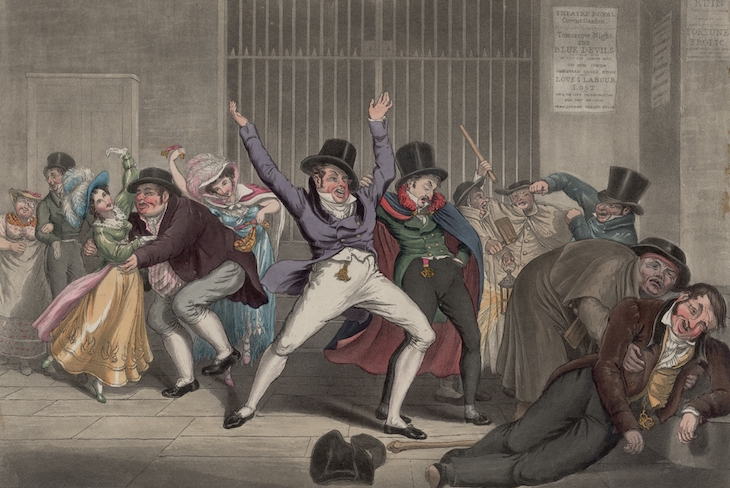
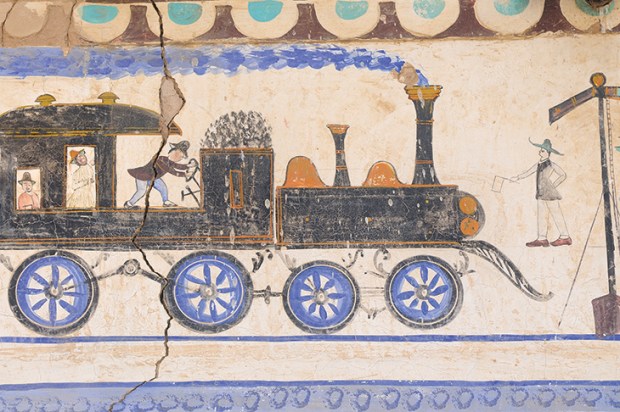
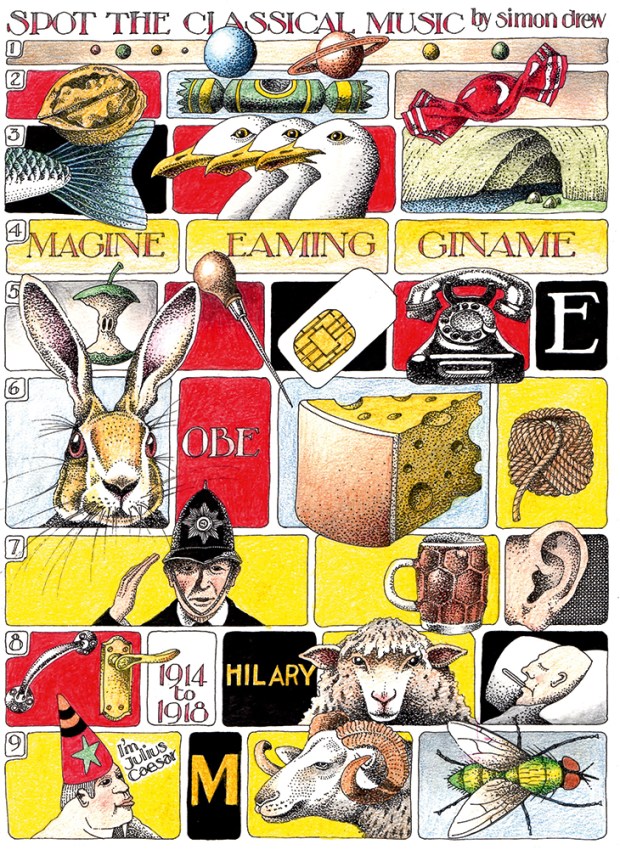
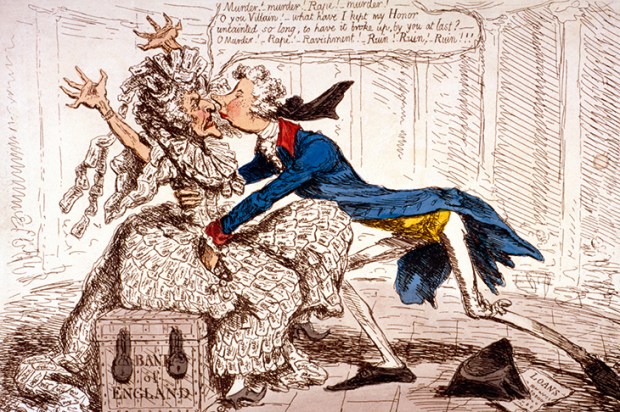
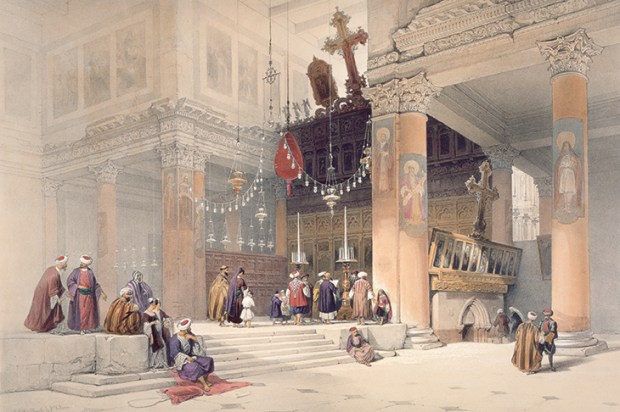

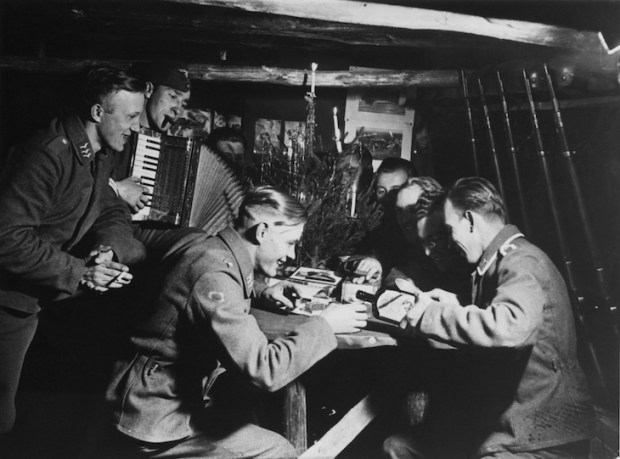






Comments
Don't miss out
Join the conversation with other Spectator Australia readers. Subscribe to leave a comment.
SUBSCRIBEAlready a subscriber? Log in